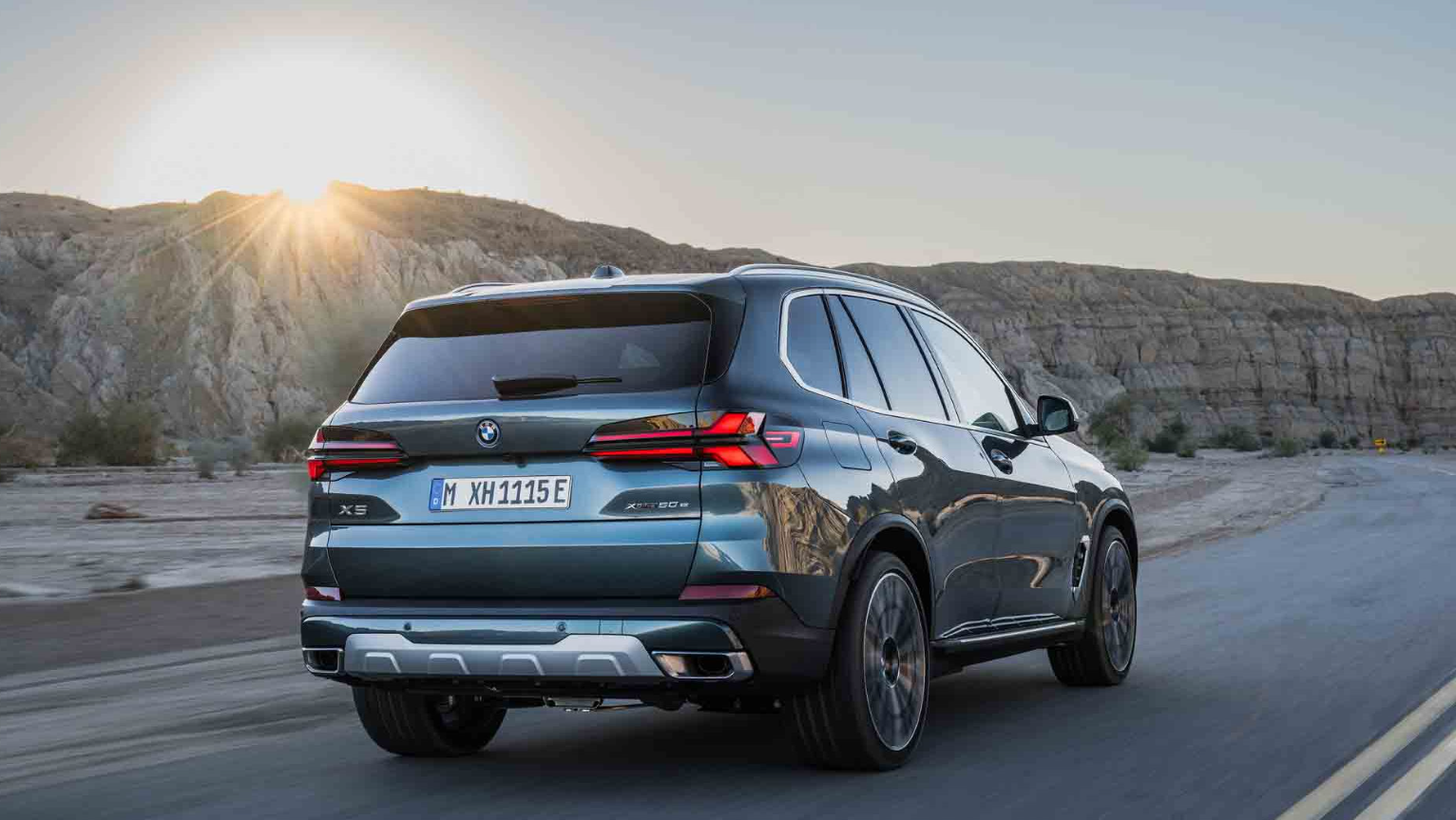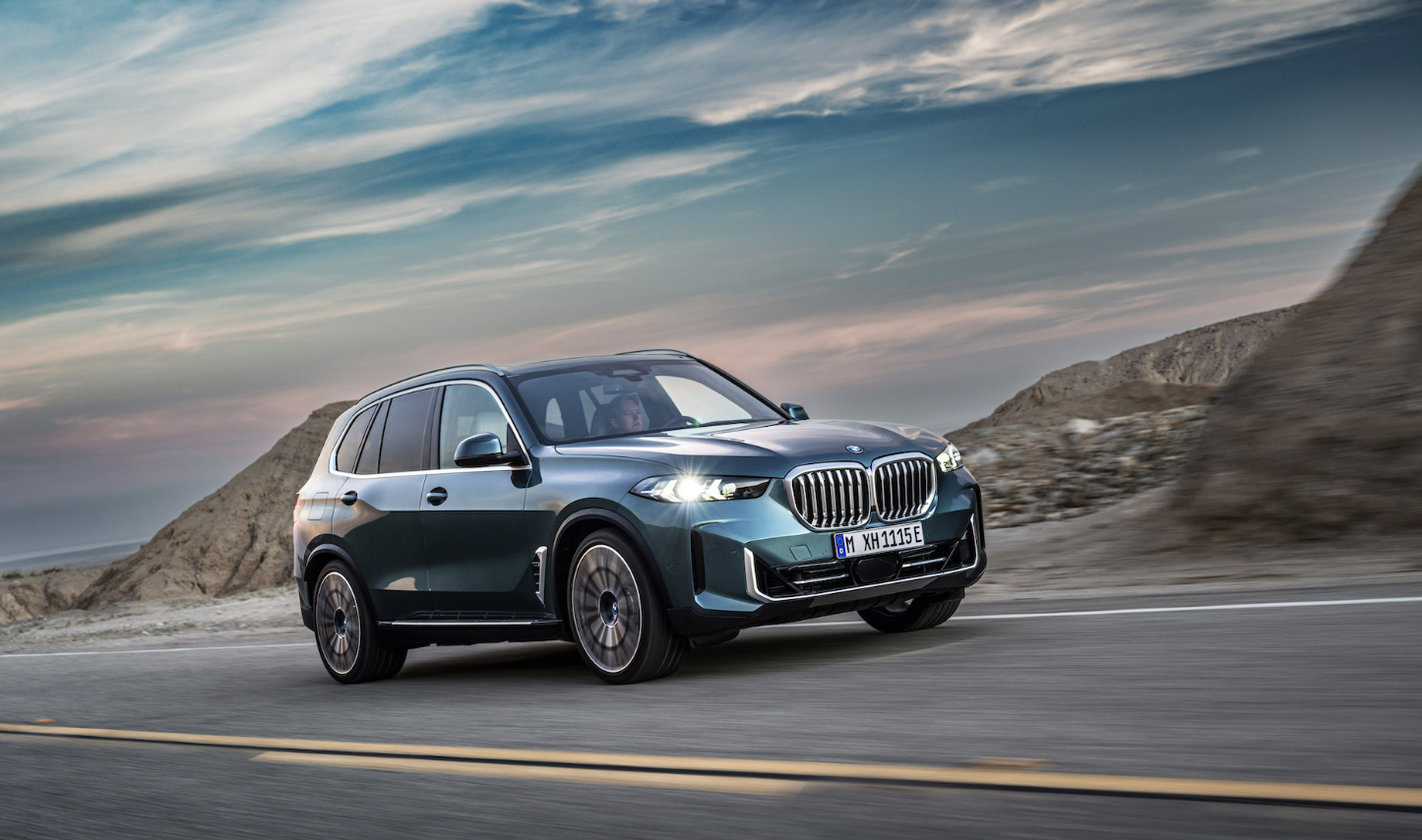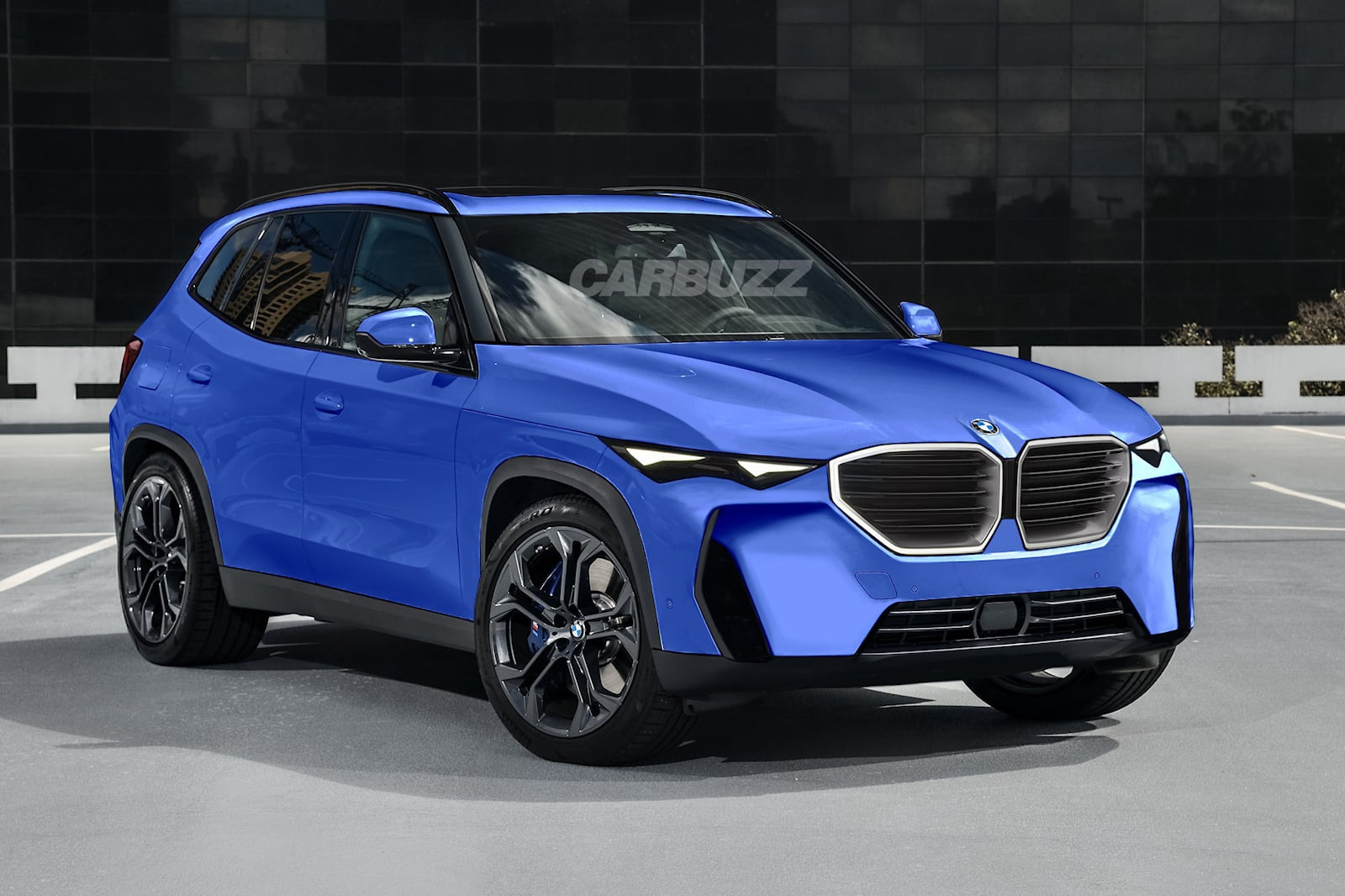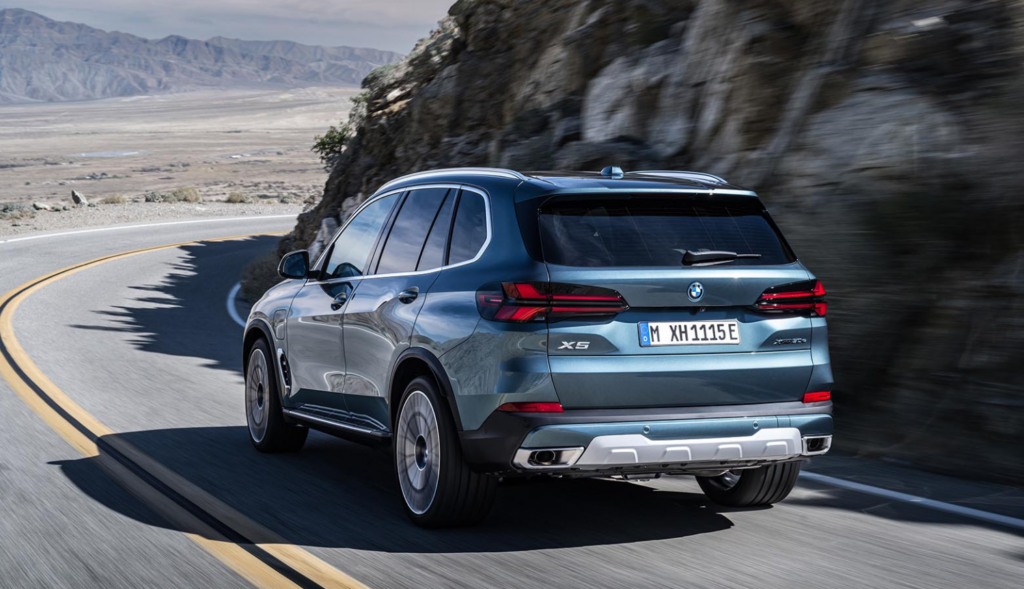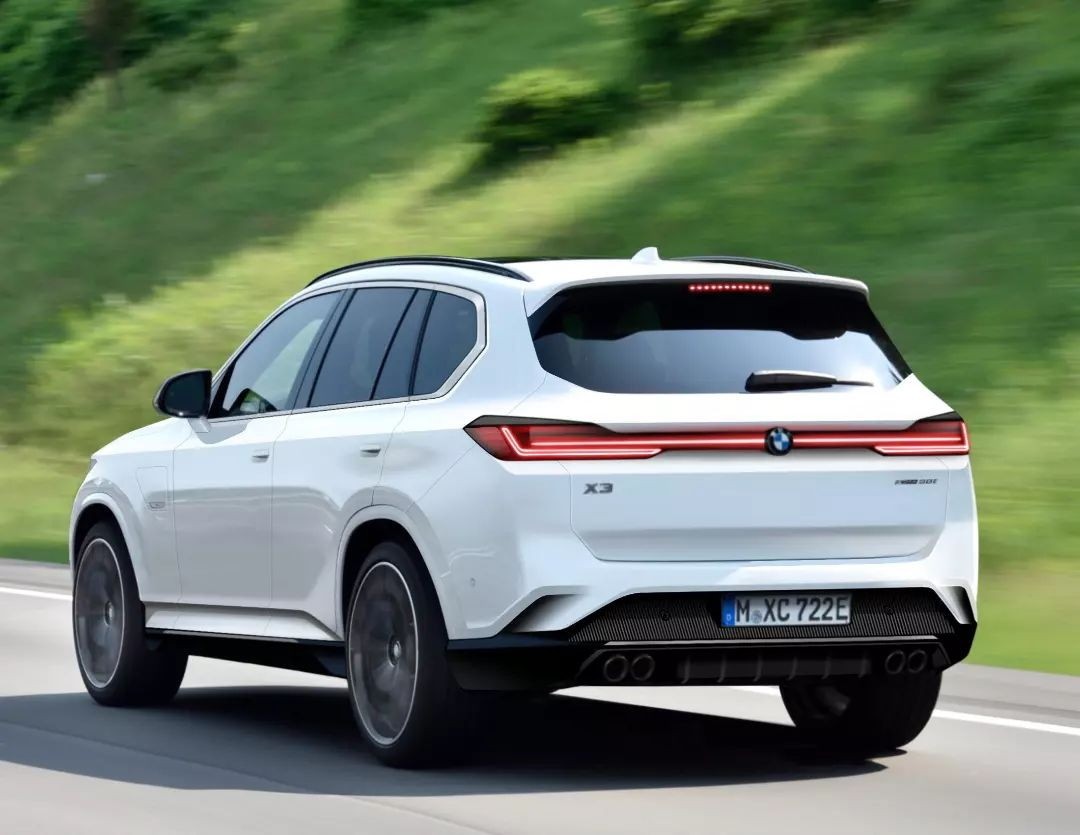
Navigating the Future: A Look at the 2025 BMW X5’s Fuel Economy
The BMW X5, a perennial favorite in the luxury SUV segment, is known for its blend of performance, comfort, and practicality. As we approach 2025, the automotive landscape is rapidly evolving, with sustainability and fuel efficiency taking center stage. This article delves into the anticipated fuel economy of the 2025 BMW X5, exploring the factors that will shape its efficiency and the technological advancements that will drive it.
The Evolving Landscape of Fuel Efficiency
The automotive industry is undergoing a paradigm shift, driven by stringent emissions regulations, rising fuel prices, and a growing consumer demand for eco-friendly vehicles. Manufacturers are responding by embracing electrification, developing advanced combustion engines, and implementing innovative lightweight materials.
The 2025 BMW X5 is expected to benefit from these advancements, offering a significant improvement in fuel economy compared to its predecessors. The exact figures are yet to be confirmed, but we can analyze the key factors influencing its efficiency:
1. Electrification: A Key Driver of Efficiency
The 2025 BMW X5 is likely to feature a range of electrified powertrain options, including mild-hybrid, plug-in hybrid, and fully electric variants. These technologies offer significant fuel efficiency gains, thanks to the regenerative braking system that captures energy during deceleration and stores it in a battery.
- Mild-Hybrid: This system employs a small electric motor to assist the gasoline engine, enhancing acceleration and fuel efficiency. The electric motor is powered by a small battery that is charged during deceleration, allowing for short bursts of electric-only driving.
- Plug-in Hybrid: This system combines a gasoline engine with a larger battery pack, offering a longer electric range. The battery can be charged from an external source, allowing for significant fuel savings for daily commutes.
- Fully Electric: This option eliminates the gasoline engine entirely, relying solely on an electric motor powered by a large battery. This offers the highest fuel efficiency and zero tailpipe emissions.
2. Engine Optimization: Striving for Efficiency
Even with the focus on electrification, BMW is likely to continue refining its gasoline and diesel engines, aiming for improved fuel efficiency through:
- Downsizing: Utilizing smaller, turbocharged engines to deliver comparable power output while reducing fuel consumption.
- Variable Valve Timing and Lift: Optimizing valve timing and lift to enhance combustion efficiency and reduce emissions.
- Direct Injection: Precisely injecting fuel directly into the combustion chamber, ensuring optimal fuel-air mixture and reducing fuel waste.
3. Lightweight Materials: Reducing Weight, Boosting Efficiency
Reducing the overall weight of a vehicle is a crucial factor in improving fuel efficiency. The 2025 BMW X5 is expected to feature extensive use of lightweight materials, such as:
- Aluminum: Used for body panels and suspension components, offering a significant weight reduction compared to steel.
- Carbon Fiber Reinforced Polymer (CFRP): Employed in key structural components, providing exceptional strength and lightness.
- High-Strength Steel: Used strategically to optimize stiffness and weight distribution.
4. Aerodynamic Optimization: Slipping Through the Air
Aerodynamics plays a vital role in fuel efficiency, as reducing drag allows the vehicle to move more easily through the air. The 2025 BMW X5 is expected to feature several aerodynamic improvements:
- Active Air Flaps: These flaps in the grille and underbody adjust automatically to optimize airflow and reduce drag.
- Underbody Panels: Smooth underbody panels minimize turbulence and improve airflow.
- Optimized Body Styling: The overall shape of the vehicle is designed to minimize drag, with features like streamlined side mirrors and flush-mounted door handles.
5. Advanced Technology: Optimizing Performance and Efficiency
The 2025 BMW X5 is likely to incorporate advanced technologies to enhance fuel efficiency and driving experience:
- Predictive Driving Assist: Using navigation data and real-time traffic information, the system anticipates upcoming road conditions and adjusts engine and transmission settings for optimal fuel efficiency.
- Adaptive Cruise Control: Maintains a safe distance from the vehicle ahead, reducing the need for constant acceleration and braking, thus improving fuel consumption.
- Electric Boosting: The electric motor in hybrid variants provides instant torque, reducing the need for the gasoline engine to work harder, leading to better fuel economy.
Anticipated Fuel Economy Figures
While official figures are not yet available, we can estimate the potential fuel economy of the 2025 BMW X5 based on current trends and technological advancements:
- Gasoline Engine: The base gasoline engine is likely to achieve around 25-30 mpg combined, with the possibility of exceeding 30 mpg with the use of mild-hybrid technology.
- Plug-in Hybrid: The plug-in hybrid variant is expected to achieve an electric range of 30-40 miles, offering significant fuel savings for daily commutes. The combined fuel economy could approach 50 mpg or even exceed it.
- Fully Electric: The fully electric X5 is expected to offer a range of over 300 miles on a single charge, delivering zero tailpipe emissions and exceptional fuel efficiency.
The Future of the BMW X5: Sustainable Luxury
The 2025 BMW X5 is poised to redefine the luxury SUV segment by offering a compelling combination of performance, comfort, and sustainability. The focus on electrification, engine optimization, lightweight materials, and advanced technologies will enable the X5 to achieve remarkable fuel efficiency without compromising its iconic driving experience.
Beyond Fuel Efficiency: The Broader Impact
The improved fuel economy of the 2025 BMW X5 will have a significant impact beyond just individual vehicle owners:
- Reduced Emissions: The shift towards electrification and improved combustion engines will contribute to a reduction in greenhouse gas emissions, helping to mitigate climate change.
- Lower Fuel Costs: Increased fuel efficiency translates to lower fuel costs for owners, leading to financial savings.
- Increased Demand for Renewable Energy: The growing adoption of electric vehicles will drive demand for renewable energy sources like solar and wind power, fostering a more sustainable energy infrastructure.
Conclusion: A Sustainable Future for the BMW X5
The 2025 BMW X5 is a testament to the automotive industry’s commitment to sustainable development. By embracing electrification, engine optimization, lightweight materials, and advanced technologies, BMW is ensuring that its iconic SUV remains relevant and desirable in a rapidly changing world. The enhanced fuel economy will not only benefit individual owners but also contribute to a cleaner and more sustainable future for all.
The 2025 BMW X5 is a symbol of progress, demonstrating that luxury and sustainability can coexist, paving the way for a more environmentally conscious future of automotive transportation.
